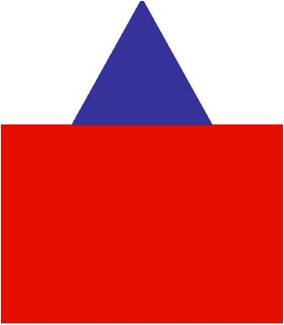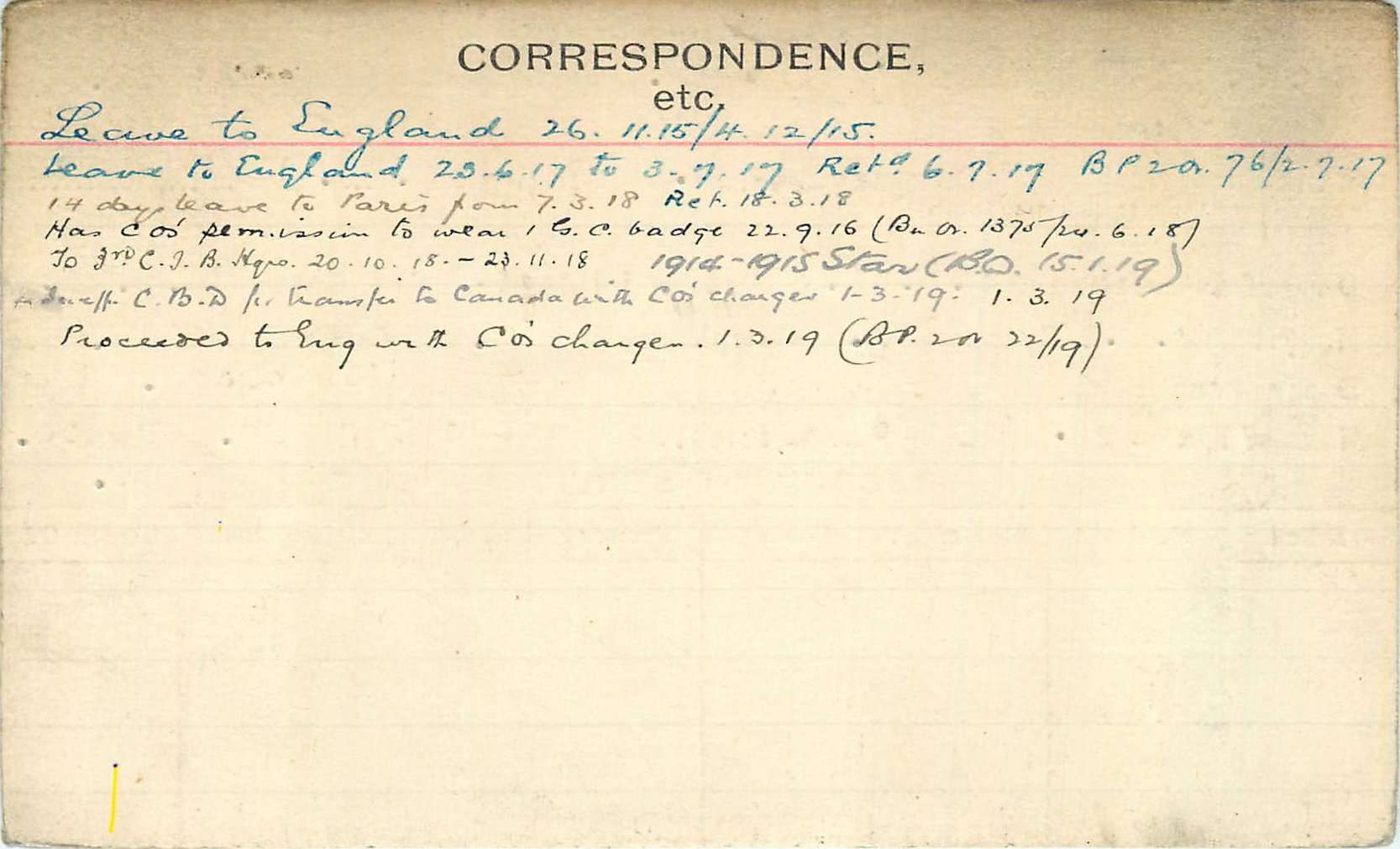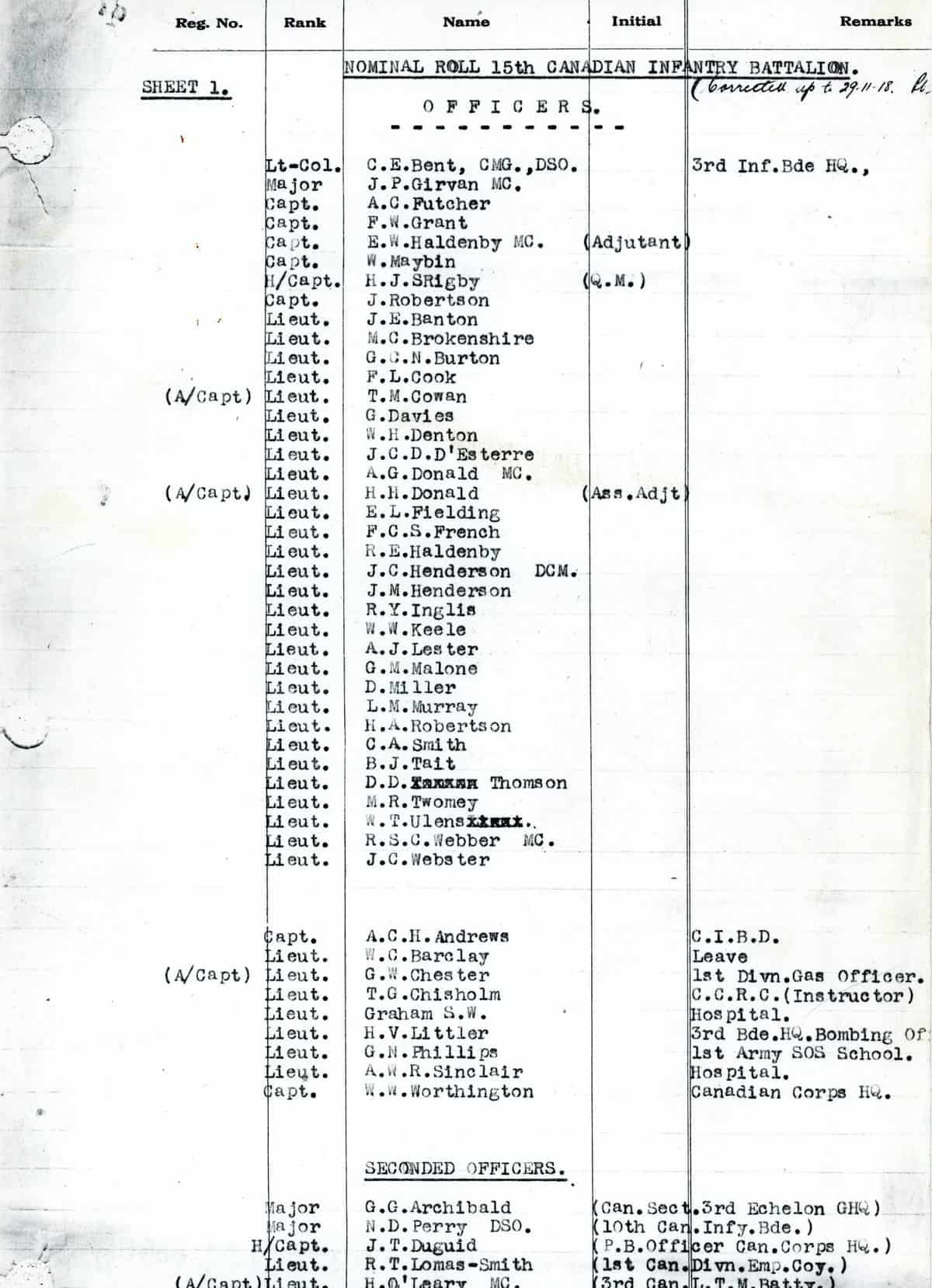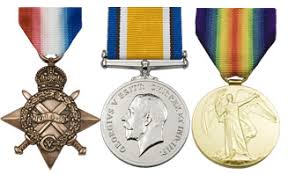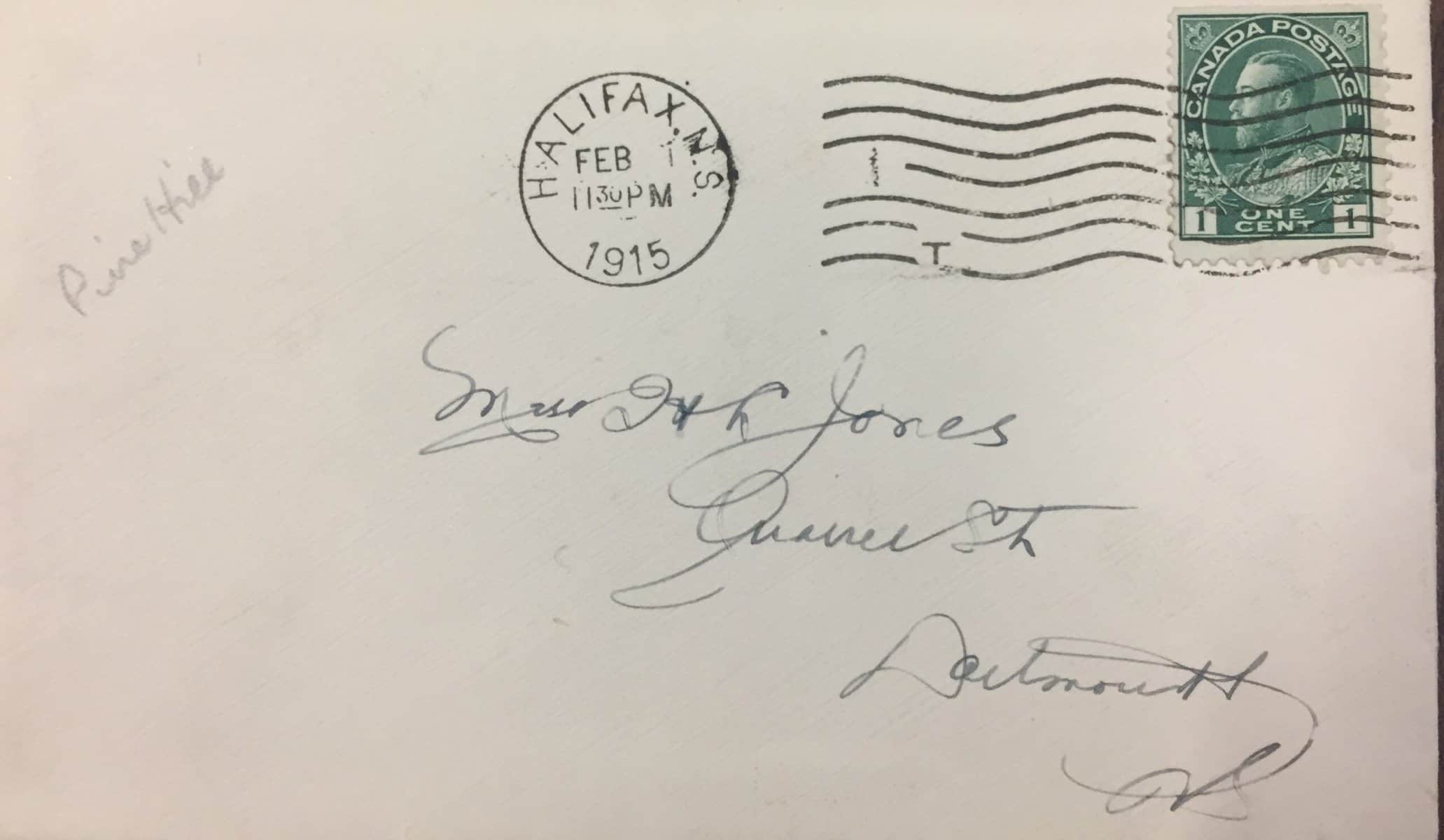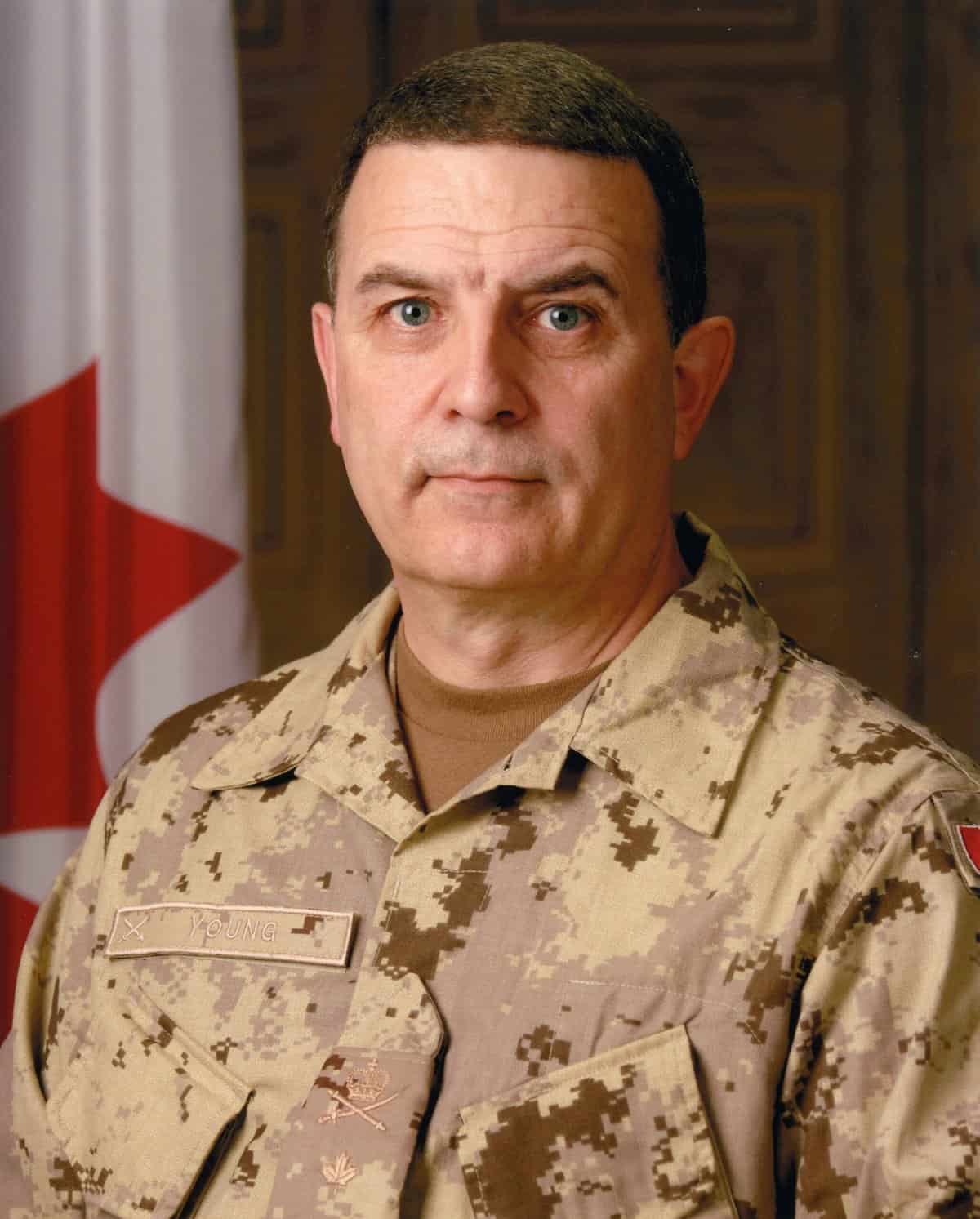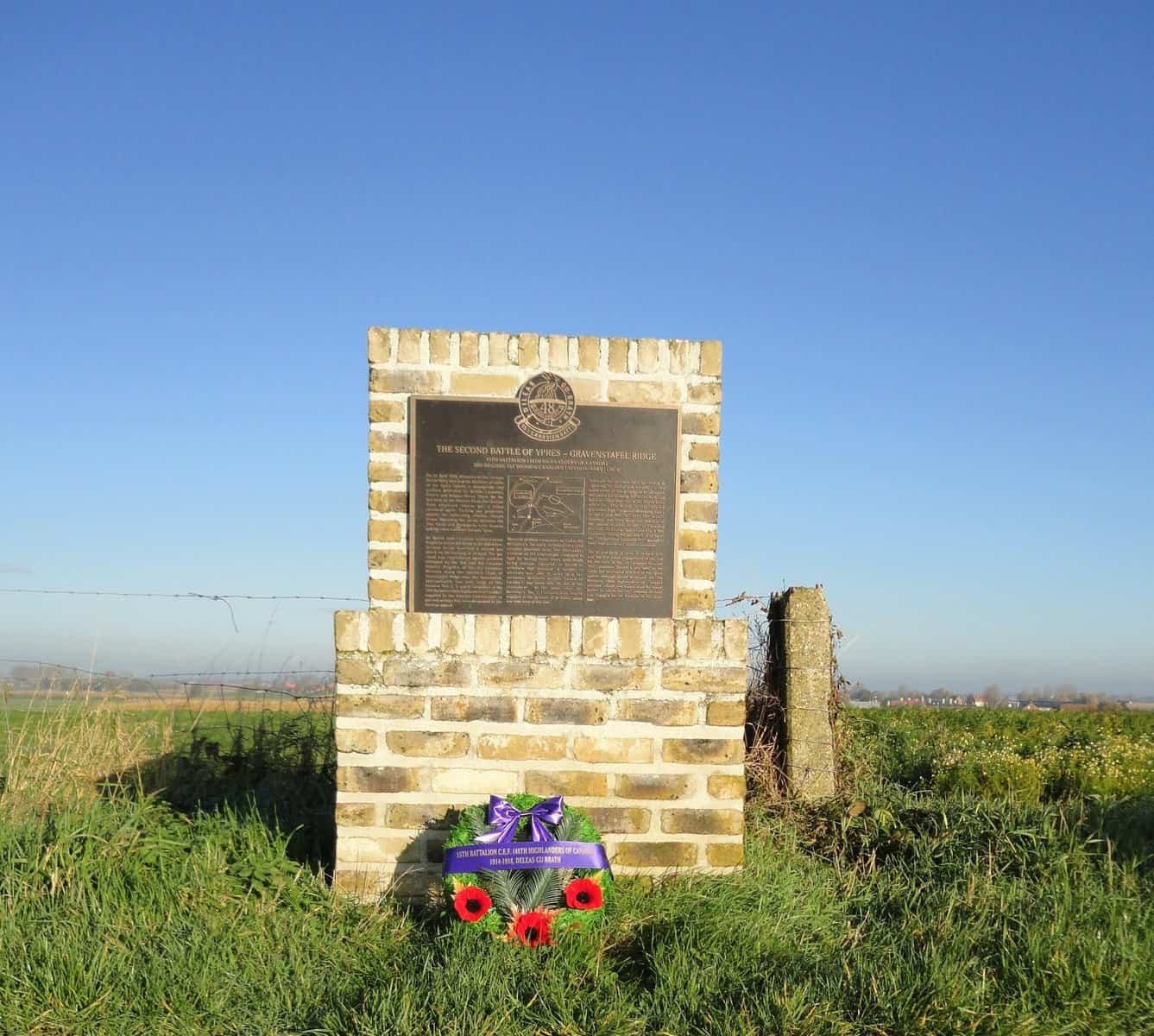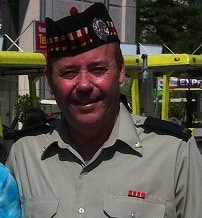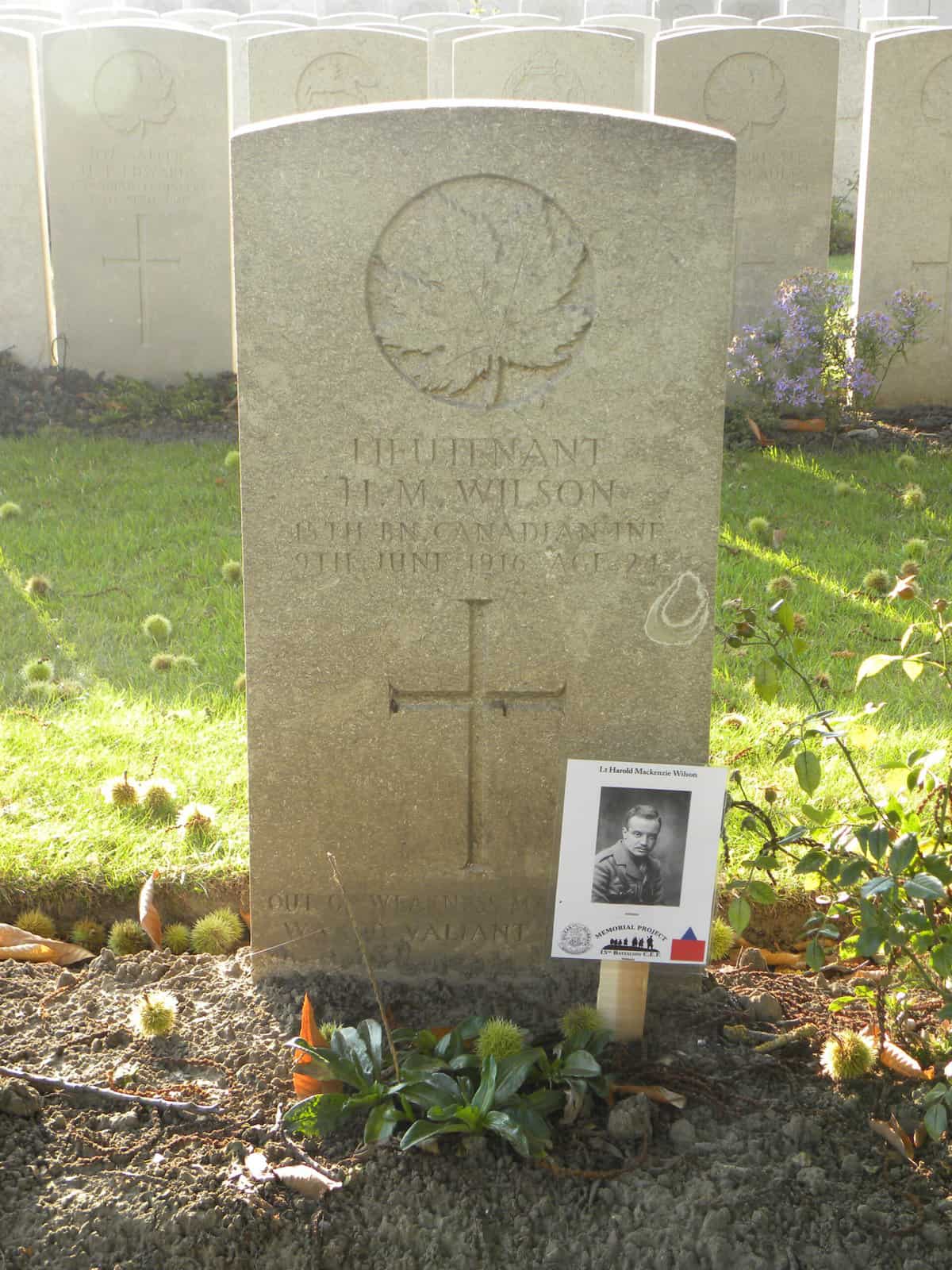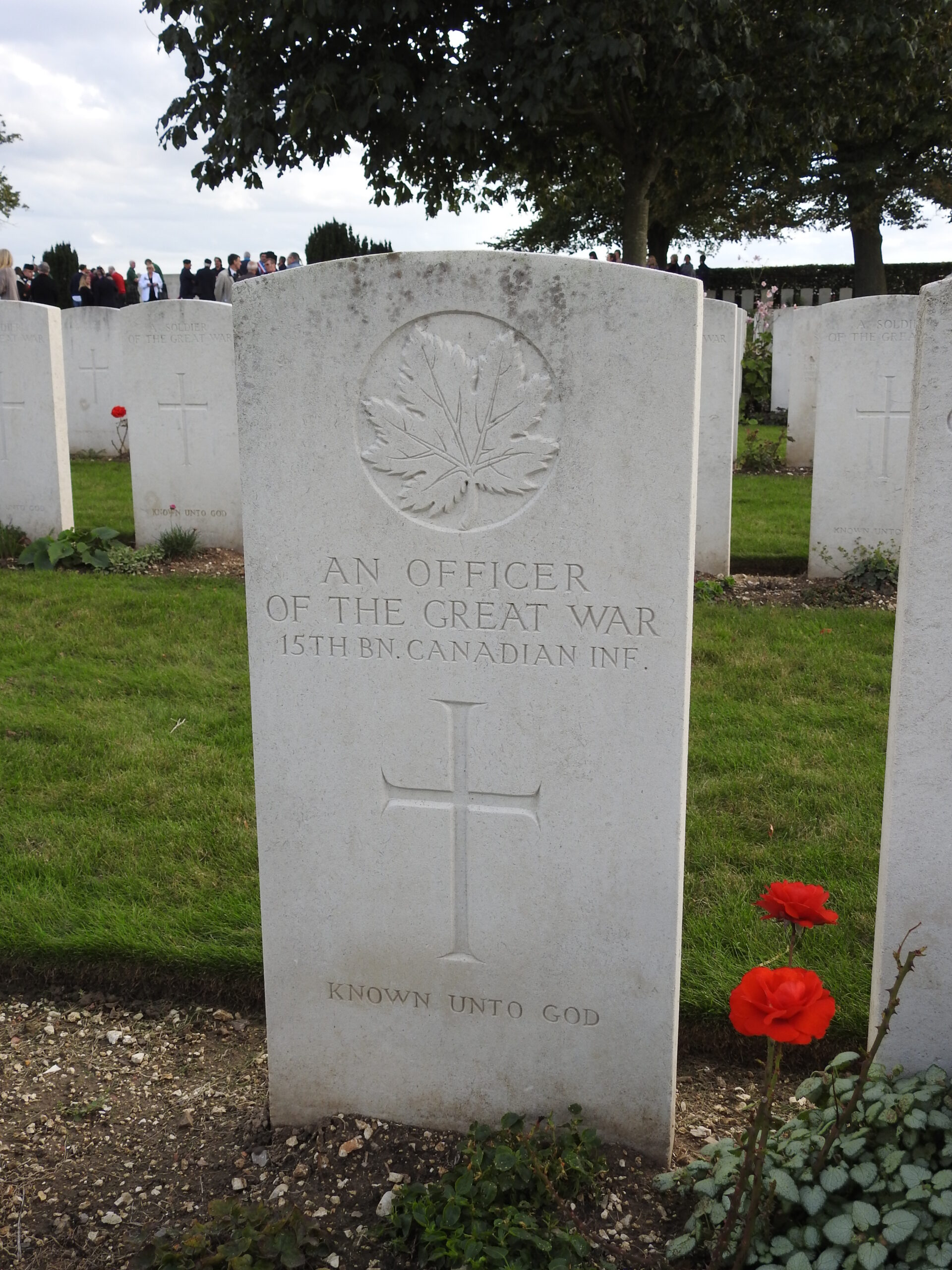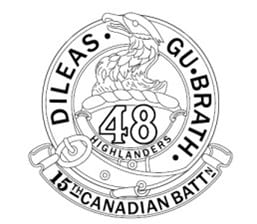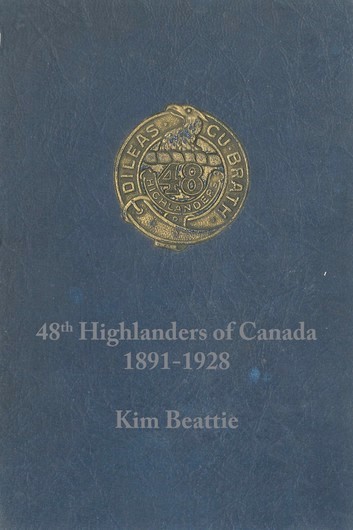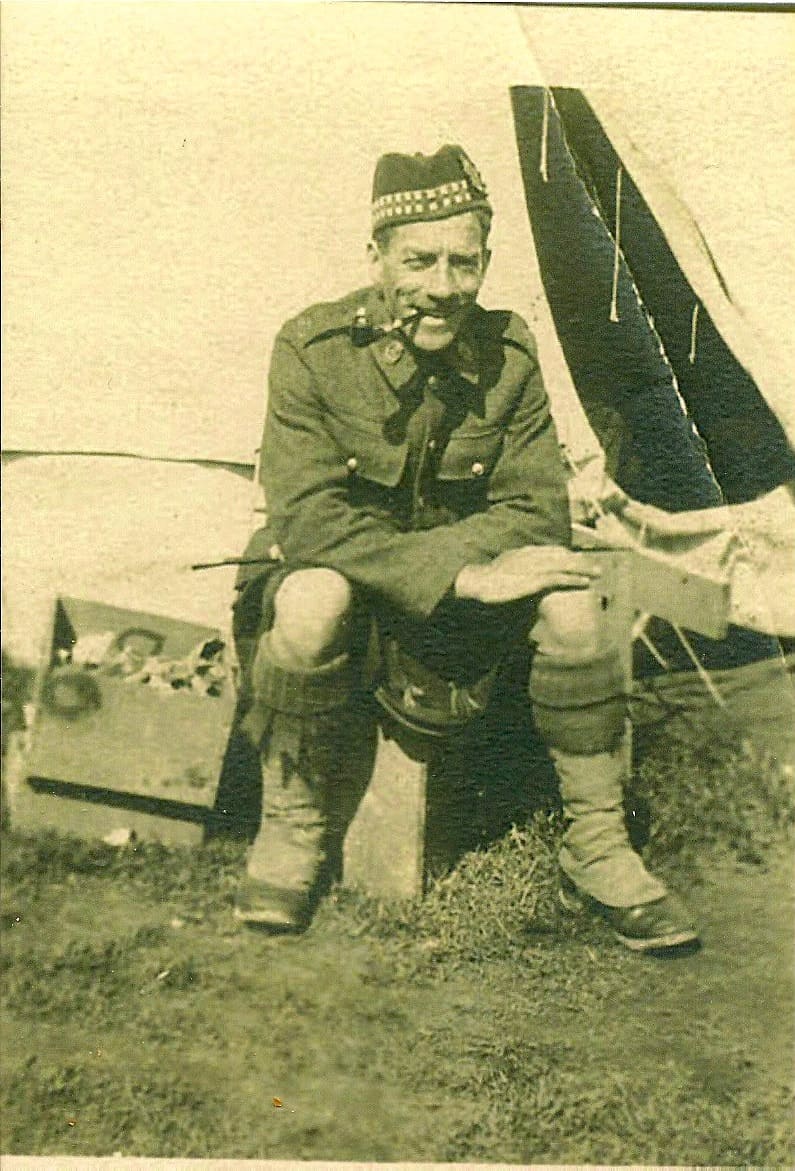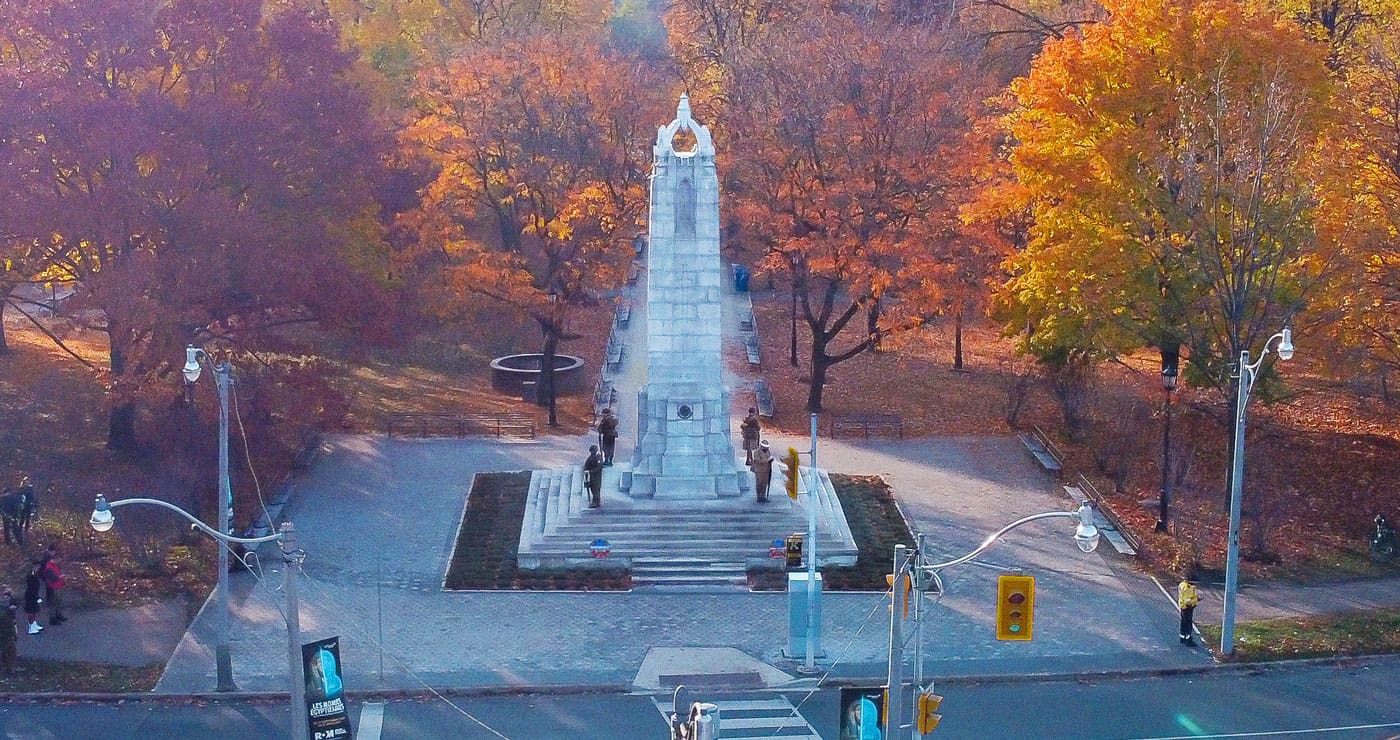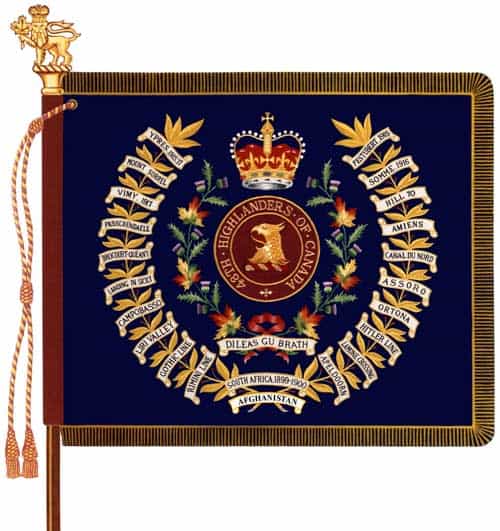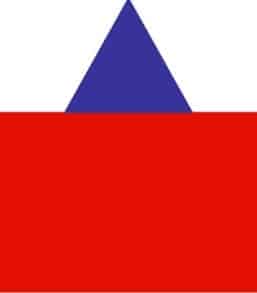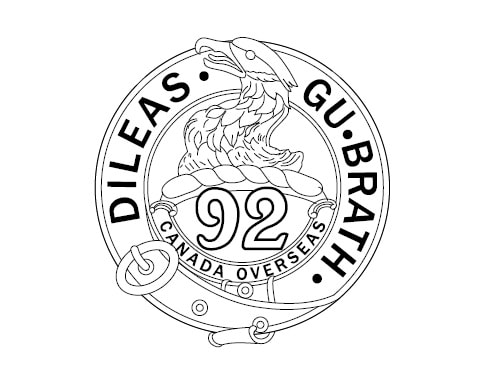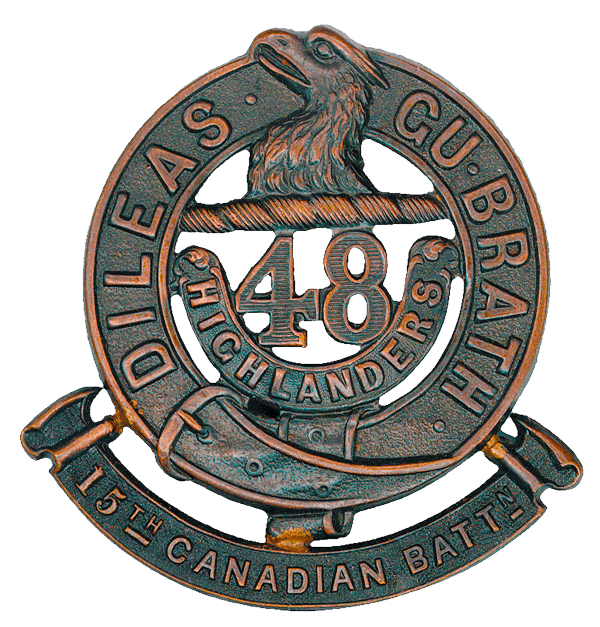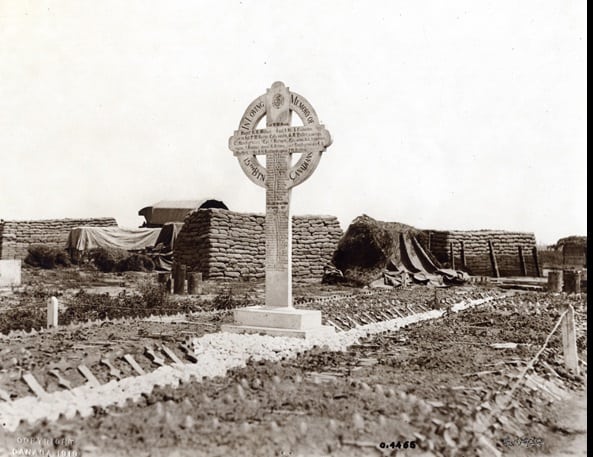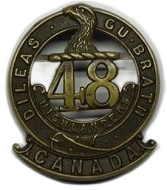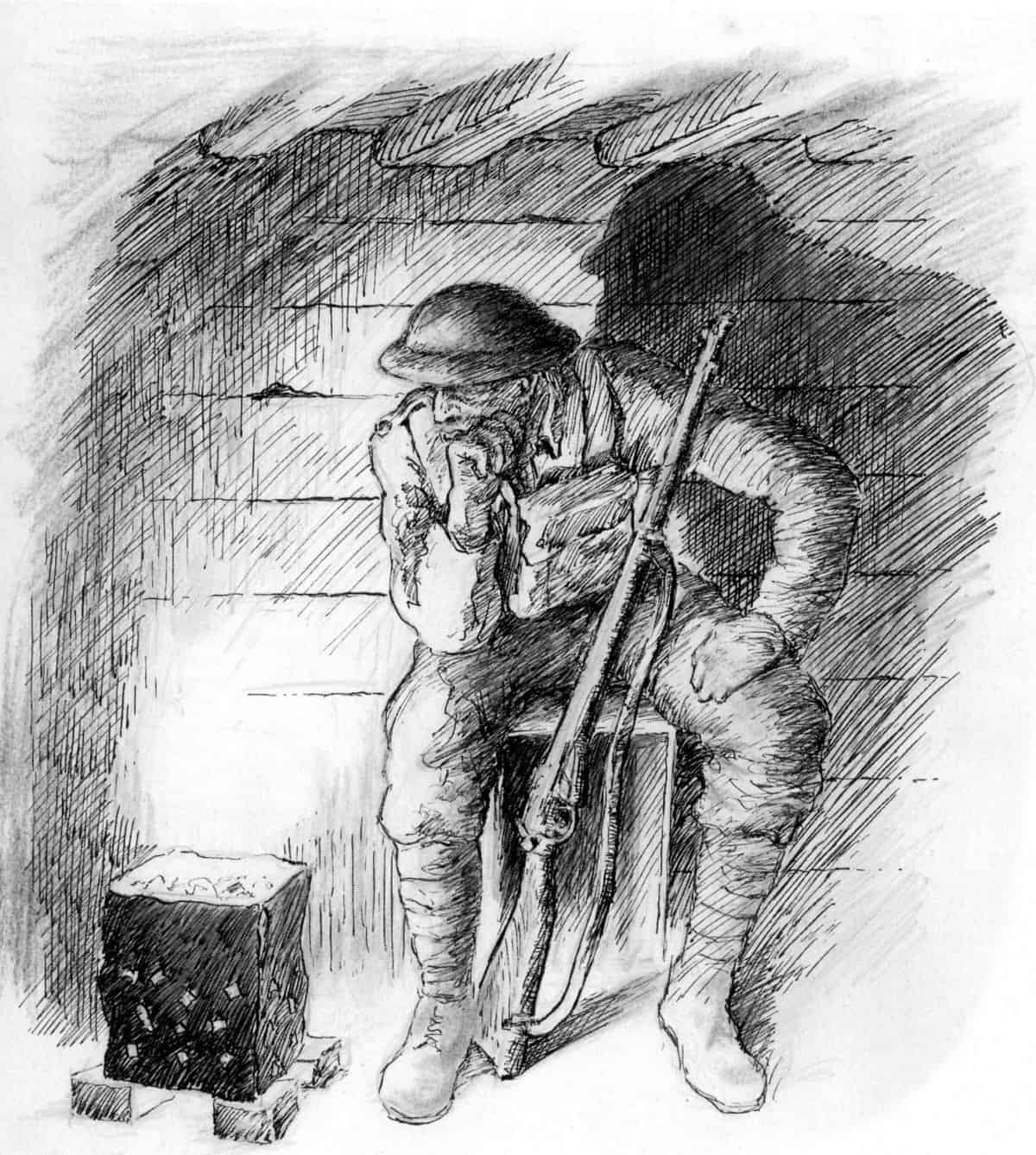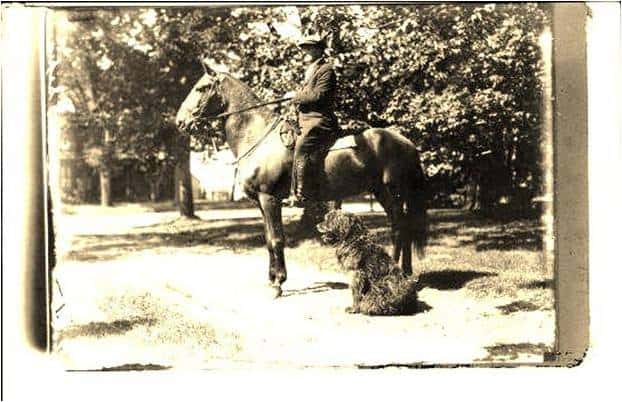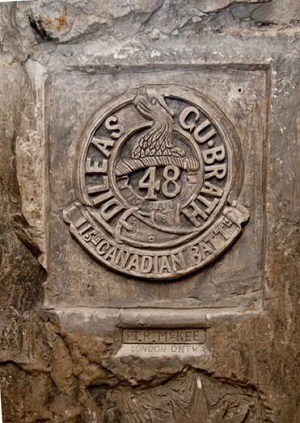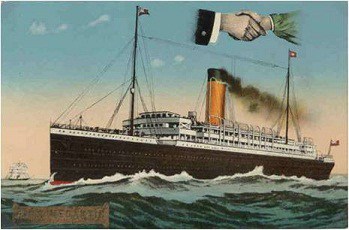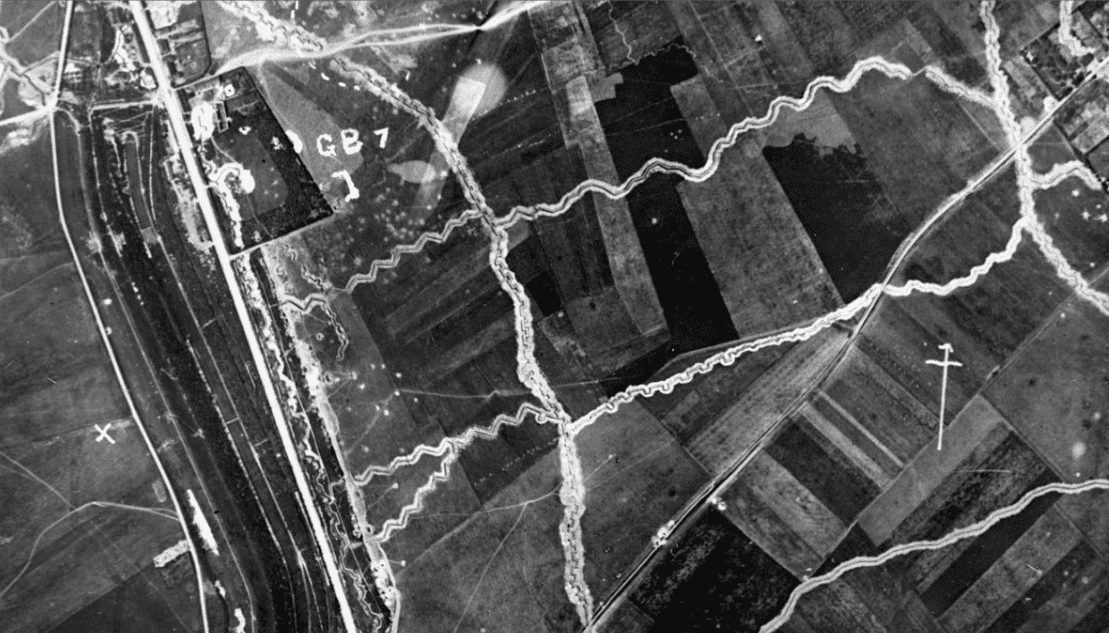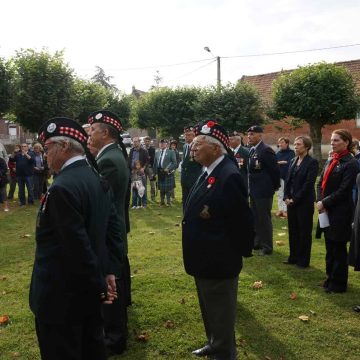At commemoration services, the sounding of The Last post is usually followed by silence for one or two minutes as a sign of respect and a time for reflection. The idea for the two-minutes silence is said to have originated with Edward George Honey, a Melbourne journalist and First World War veteran who was living in London in 1919. He wrote a letter to the London Evening News in which he appealed for five-minutes’ silence, to honour the sacrifice of those who had died during the war. In October 1919 Sir Percy Fitzpatrick, a South African, suggested a period of silence on Armistice Day in all the countries of the empire. Throughout the war, whenever South African troops suffered heavy losses on the Western Front, a period of silence had been observed at noon in Cape Town. Fitzpatrick’s suggestion was presented to King George V, who readily agreed to the proposal. But after a trial with the Grenadier guards at Buckingham Palace, at which both Honey and Fitzpatrick were present, the period of silence was shortened to two minutes. It is unclear whether Honey and Fitzpatrick ever met or discussed ideas about the silence. On 6 November 1919 the King sent a special message to the people of the Commonwealth: “I believe that my people in every part of the Empire fervently wish to perpetuate the memory of that Great Deliverance, and of those who laid down their lives to achieve it.” The King requested that “a complete suspension of all our normal activities” be observed for two minutes at “the eleventh hour of the eleventh day of the eleventh month” so that “in perfect stillness the thoughts of everyone may be concentrated on reverent remembrance of the Glorious Dead”.

